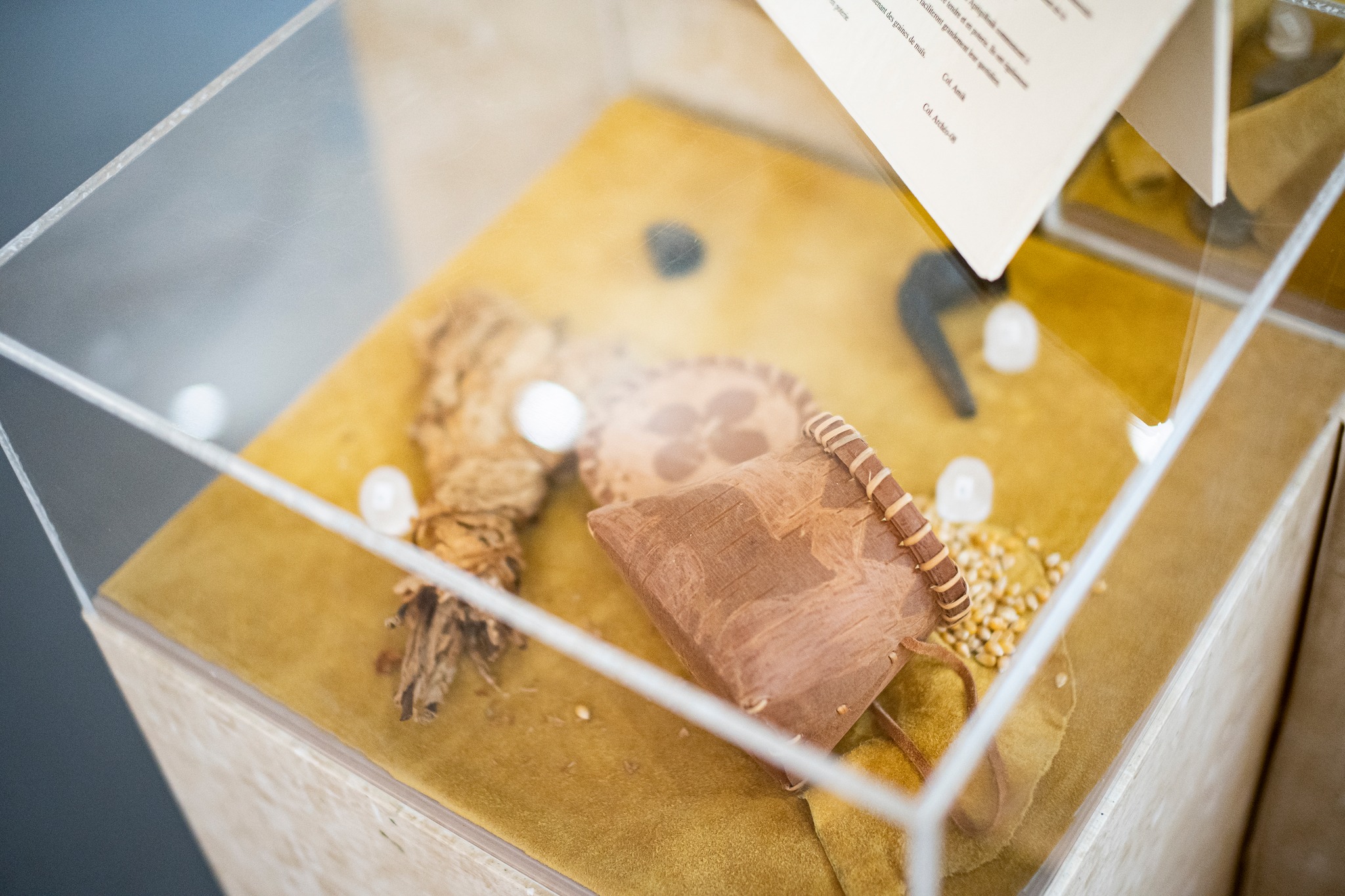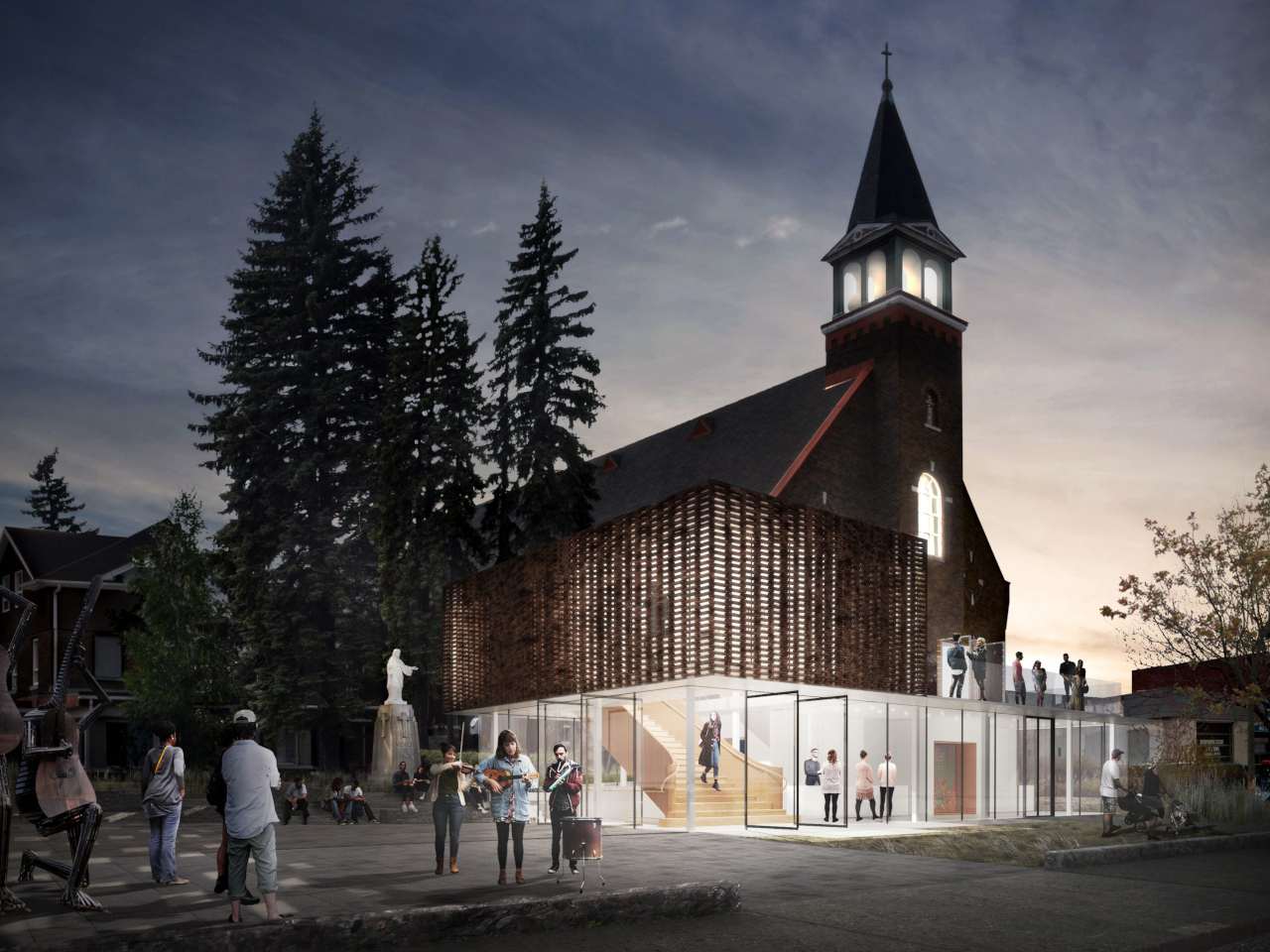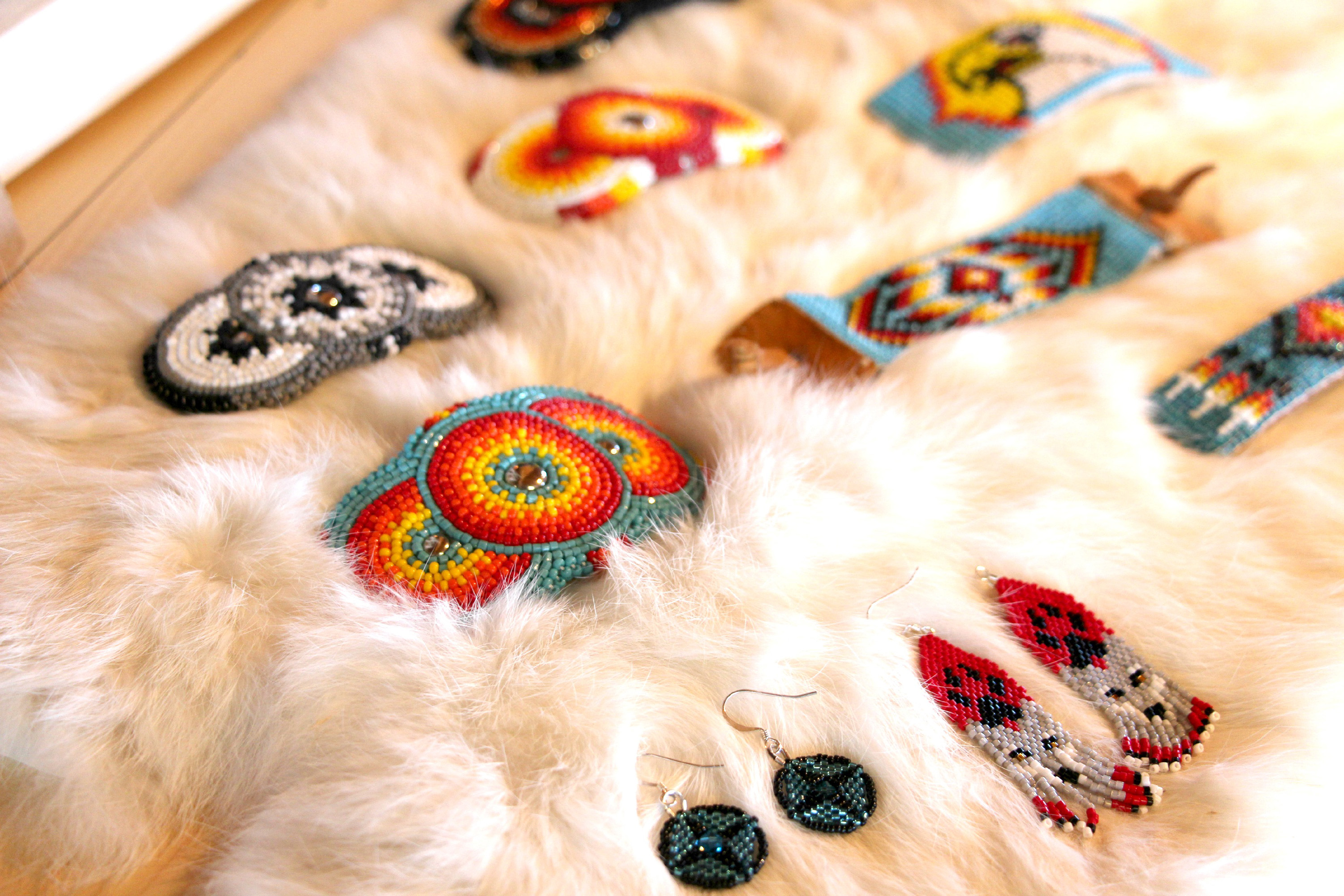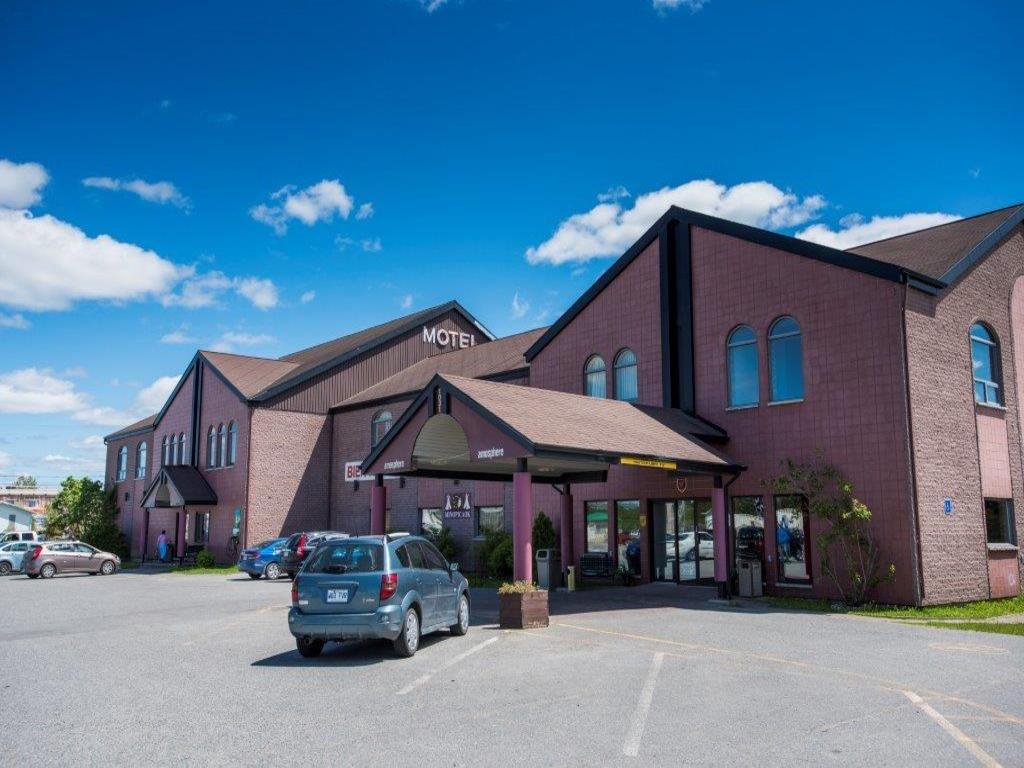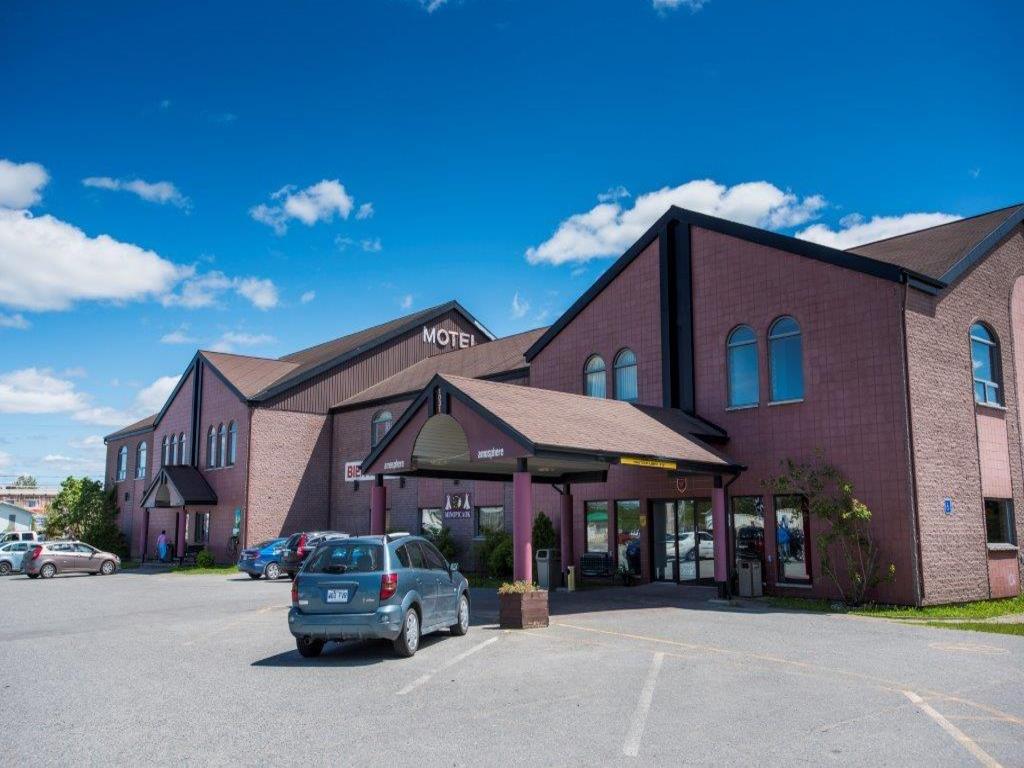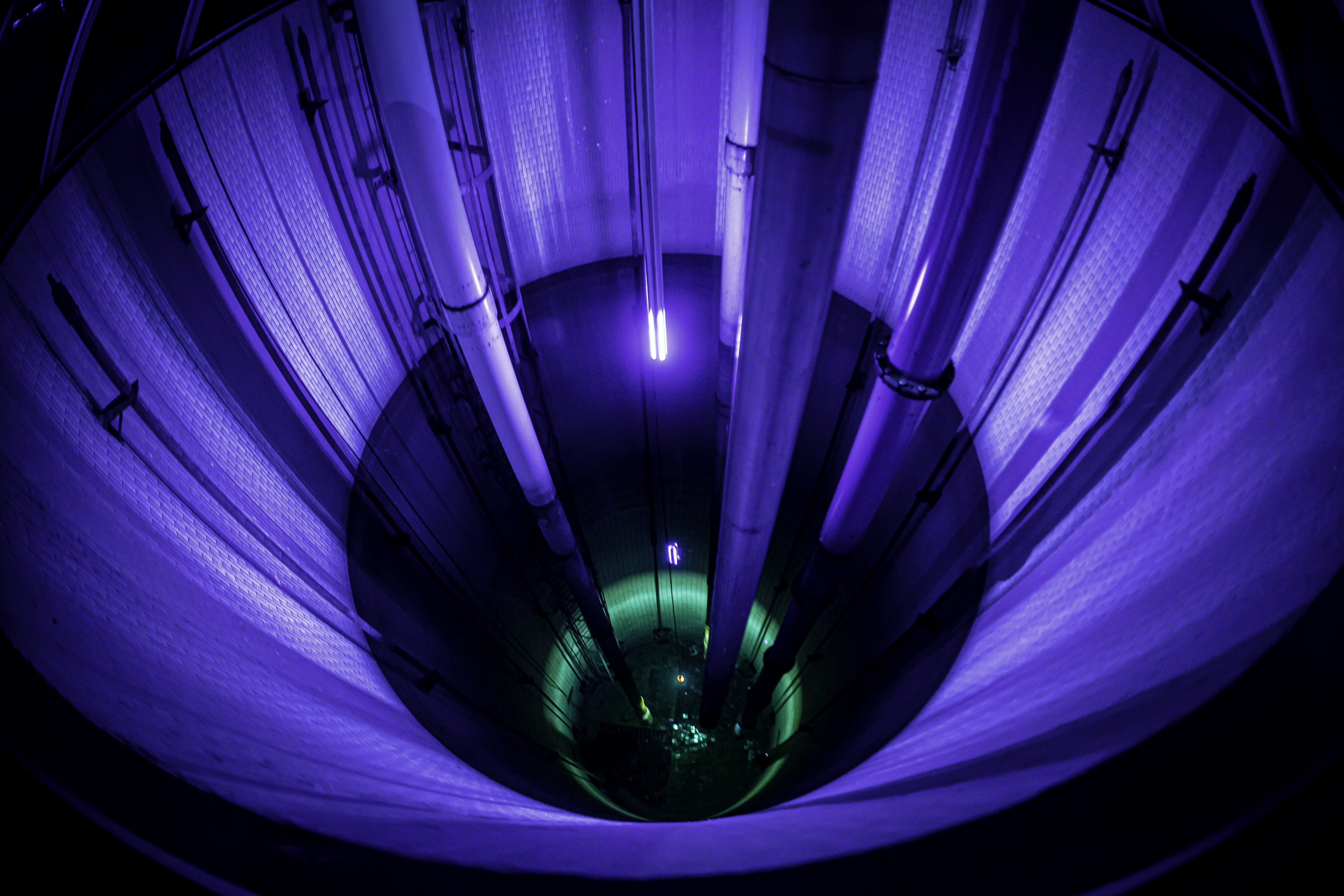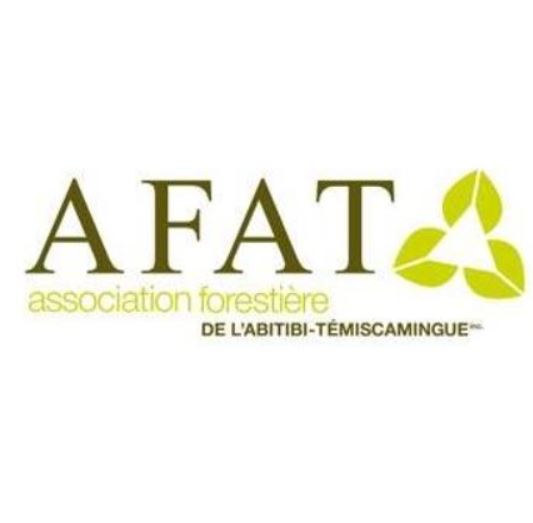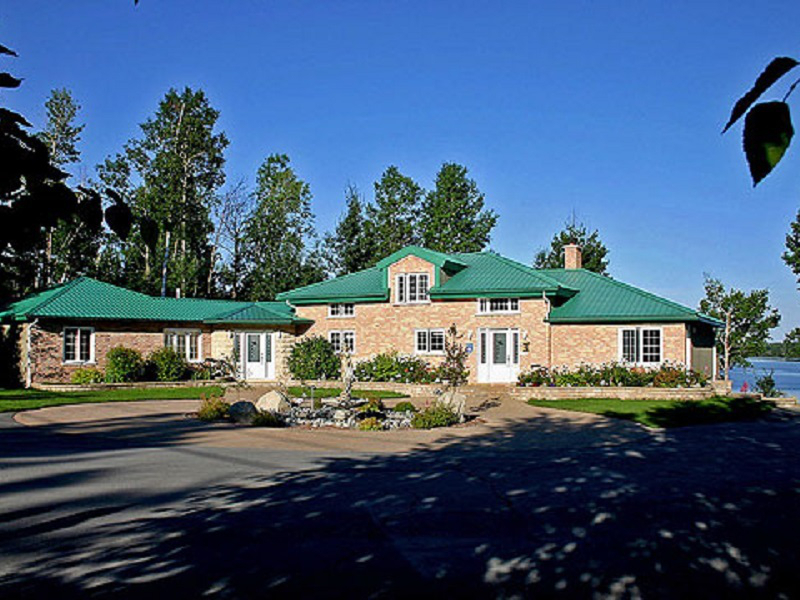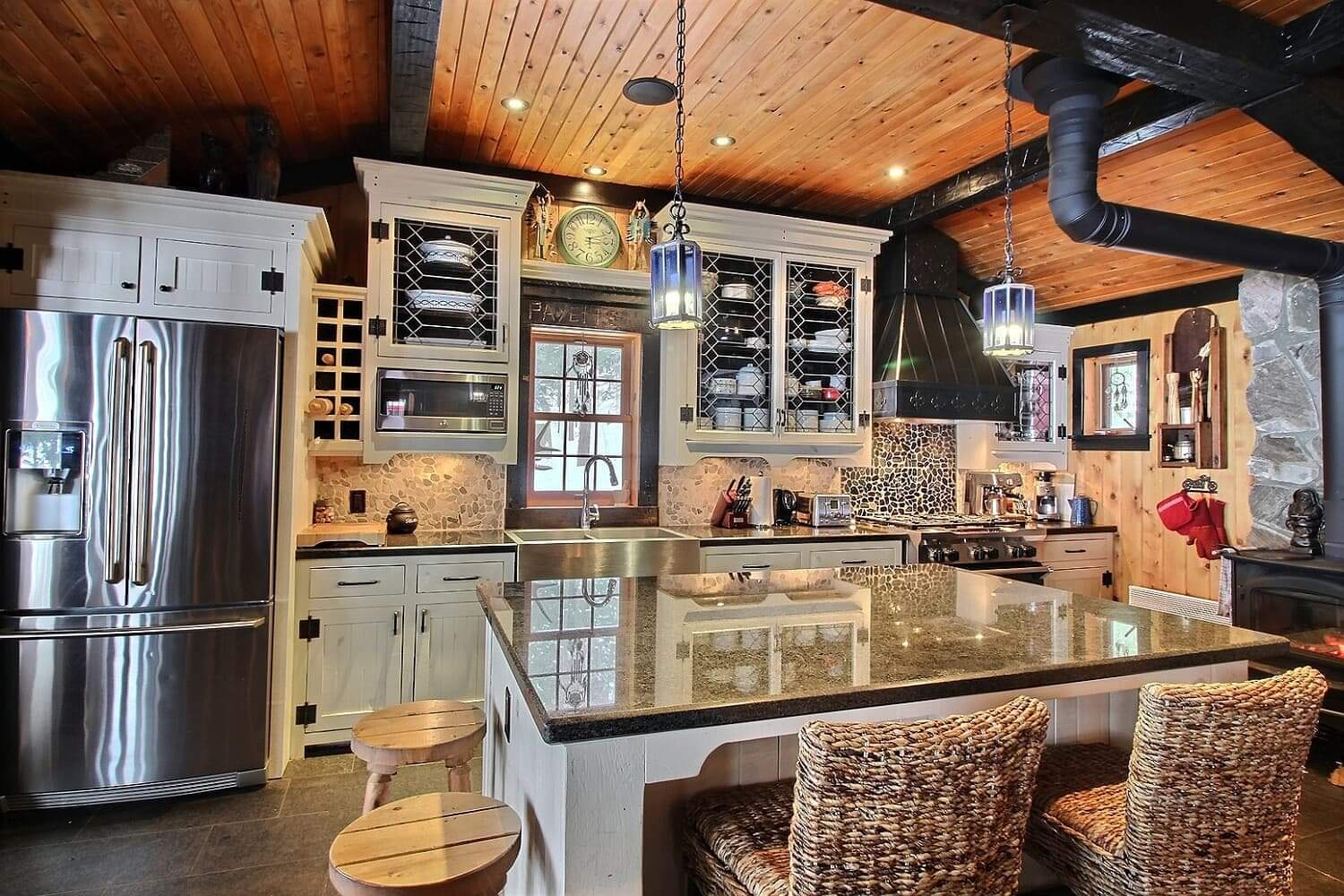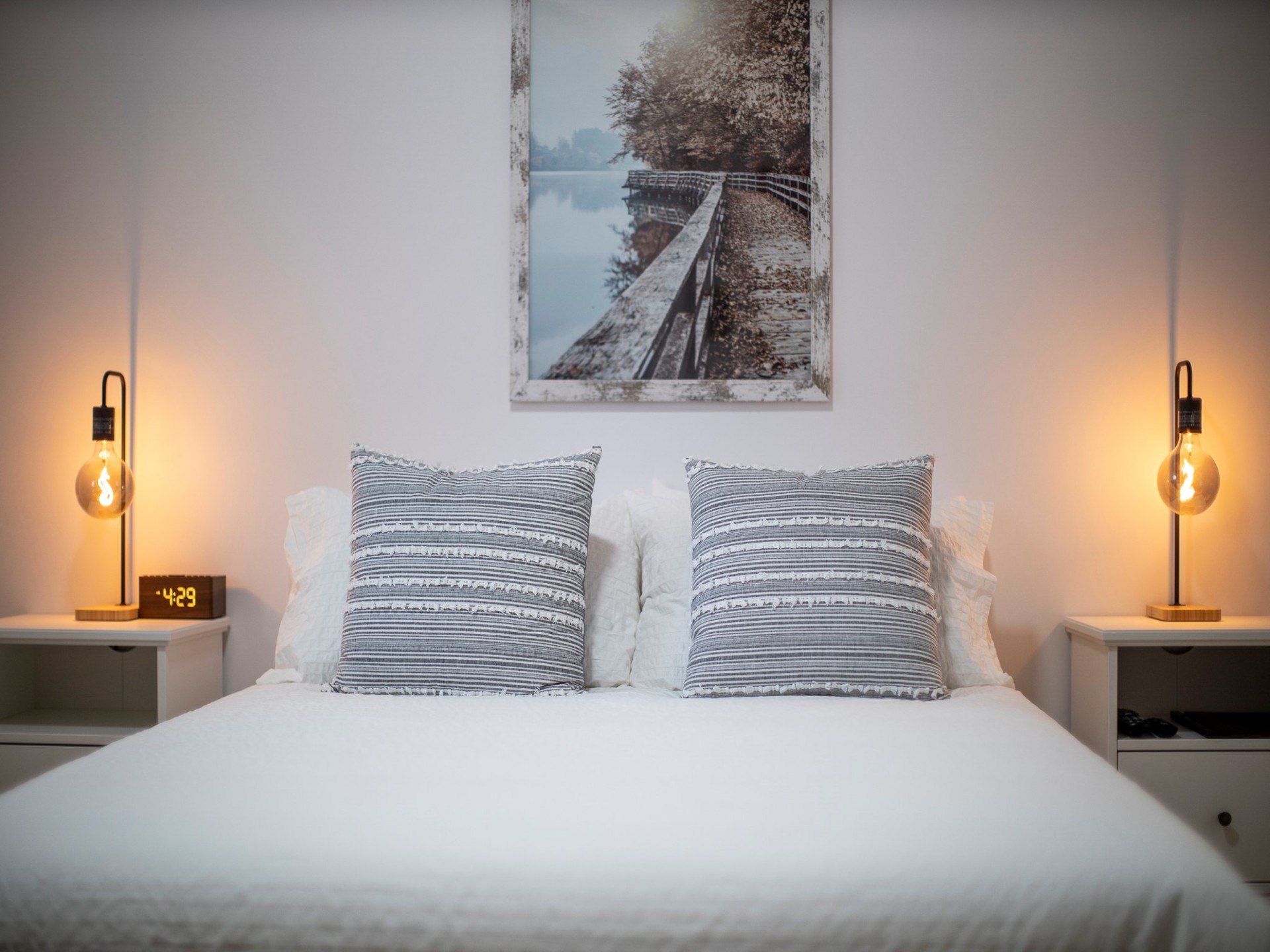Written by Gabrielle Izaguirré-Falardeau
Madeleine Olivier grew up on the family farm in Saint-Bruno-de-Guigues, but, originally, agriculture was far from being in the cards for her: “Like any teenager who grows up on a farm, I thought ‘Yuck! I do not want to be a farmer!’ Like everyone else, I left to study elsewhere, I did 11 years of engineering and I told myself ‘Finally, I might like being my own boss!’” She made her great return to Abitibi-Témiscamingue in 2017 to take on, with her husband, the production at Nordvie farm. Obviously, she adapted marvellously to how things turned out, which can be seen in her energy and contagious smile as she greets us, ready to talk about agriculture in Temiscamingue and its secrets for as long as people will listen.
Nordvie was first born from the desire of Normand Olivier and Sylvie Côté, Madeleine’s parents, to dedicate themselves to the culture of strawberries. The two farmers, when they arrived in the region, chose their field specifically for its soil, favourable to the culture of that fruit, and for the proximity to a river, essential to the irrigation and the protection of the plants. As soon as 1984, they dedicated their summers the production of fresh vegetables. “It is the only commercial strawberry farm in the region, we are pretty much at the northern limit of a profitable culture. More to the north, the strawberry would be even sweeter, but the culture would no longer be profitable,” Madeleine explains.
Harvest in all its forms
To diversify the offer and avoid all waste, transformed products have been developed over time: “We have a philosophy here: we first harvest to sell fresh produce, but we do not want any waste. Berries, if not sold within the day, two days later, they are not good anymore, thus transformation is necessary. Especially at our scale, where it is already difficult to make production profitable here because of the climate, we can’t afford to waste anything,” Madeleine tells us. Thus were born, as soon as 2000, the first transformed products: fine alcohols. Over time, the farm added the Guizou, a well-known strawberry- or rhubarb-flavoured fizzy drink, and slush drinks. Since 2017, the enterprise has diversified its offer of fresh produce by adding vegetables and working hard on the creation of new products like herbal teas and flavoured salts to let the vegetables shine while avoiding all waste.
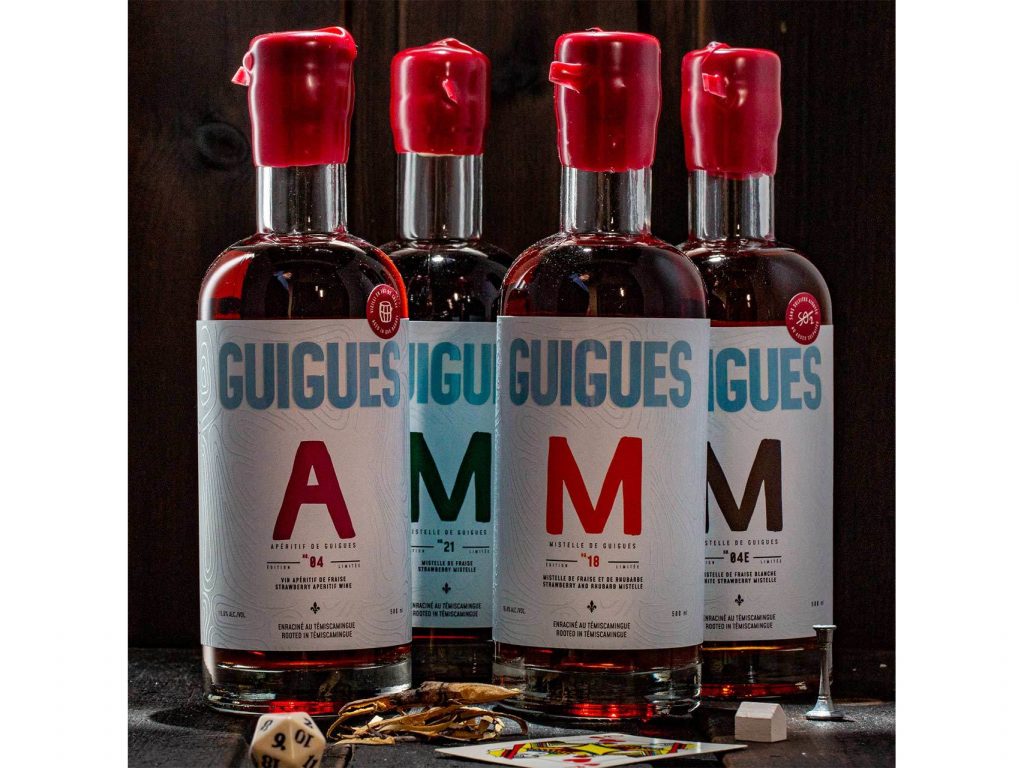
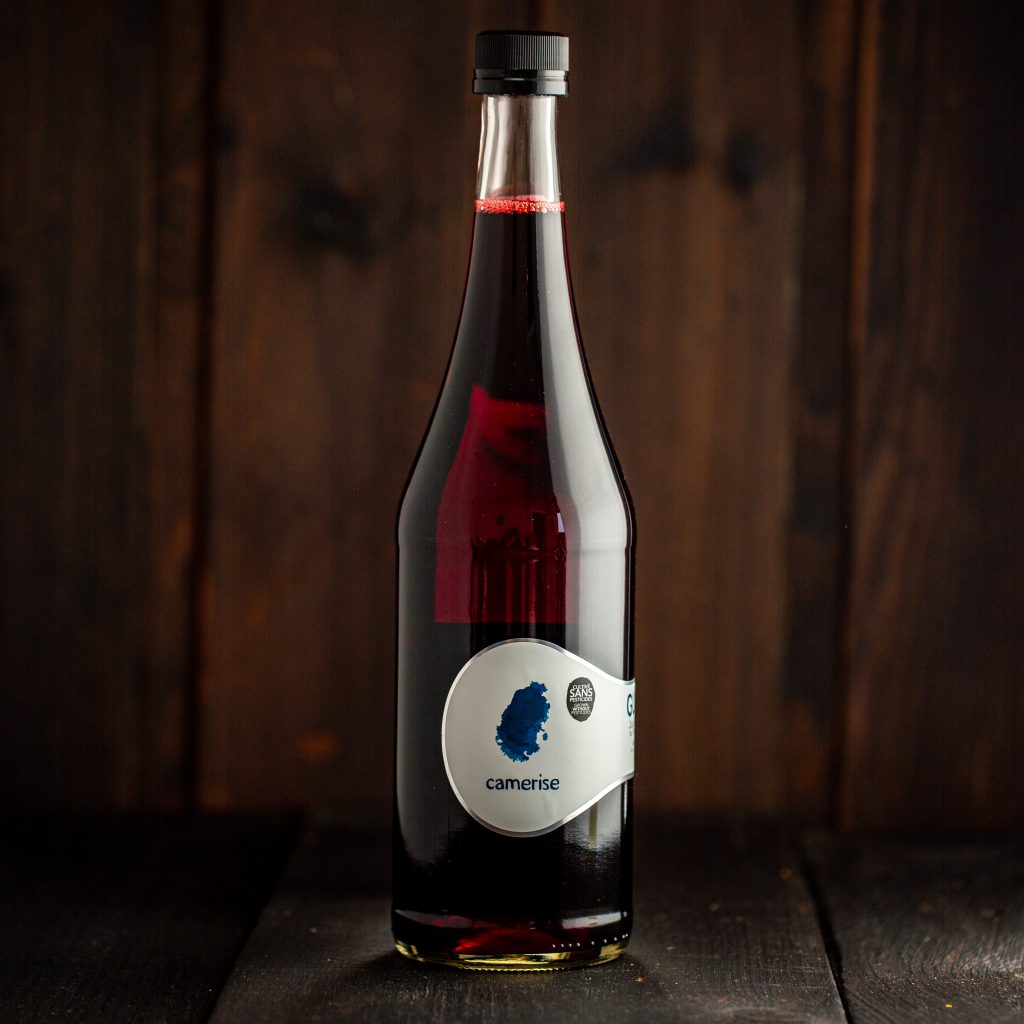
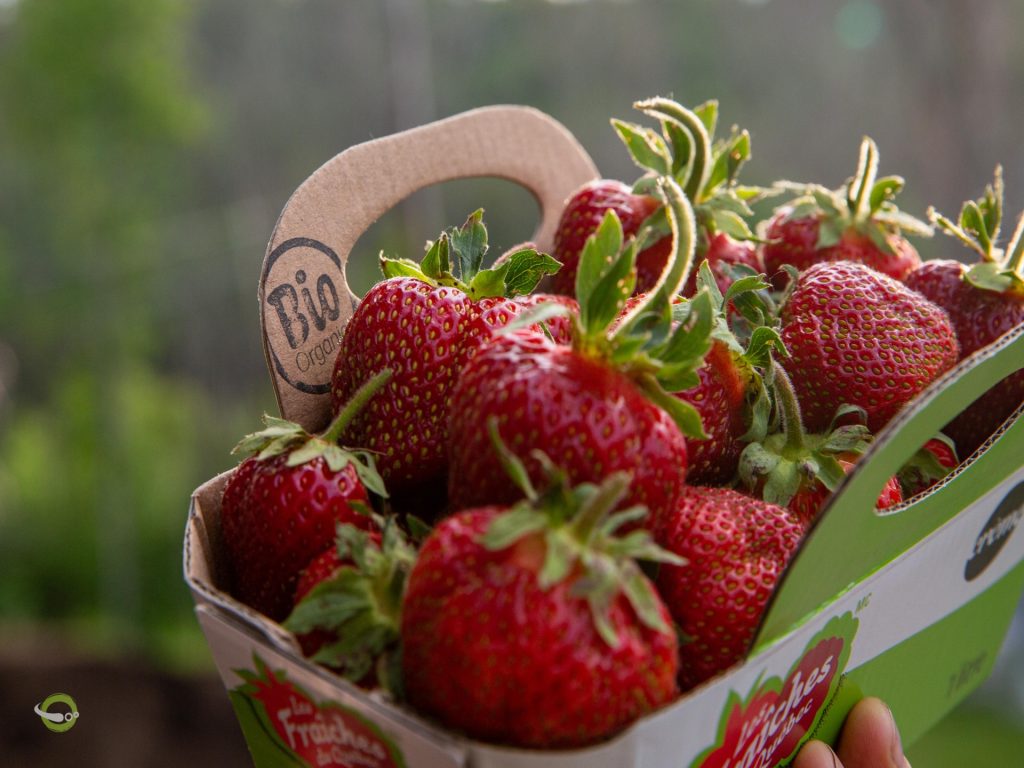
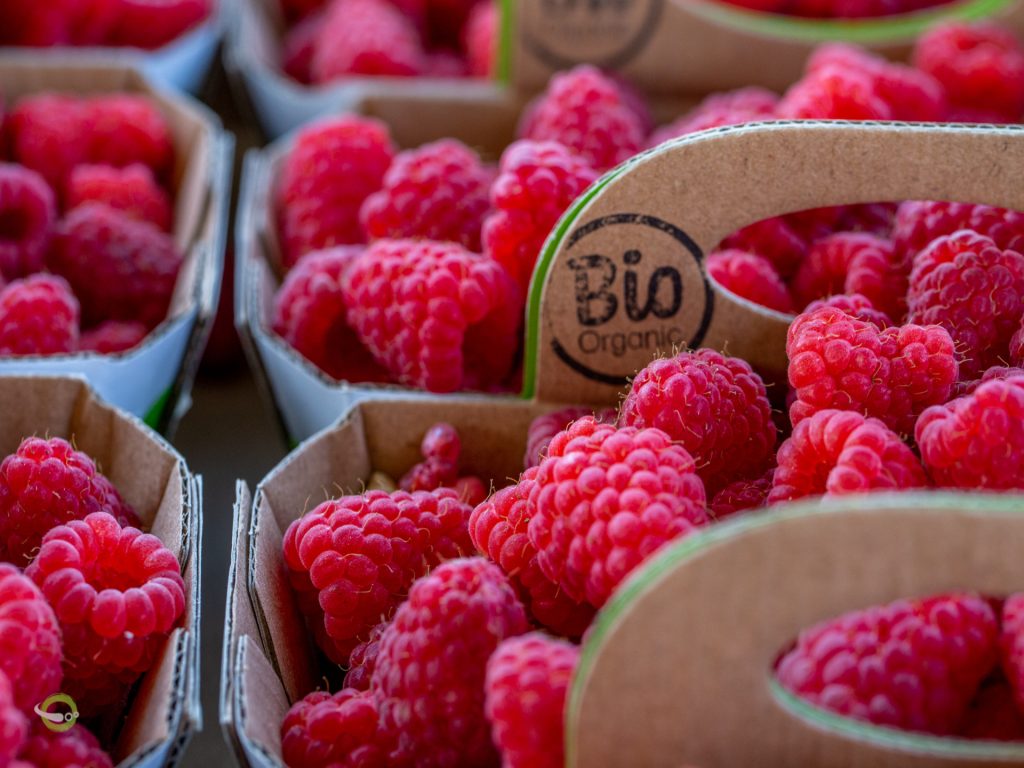
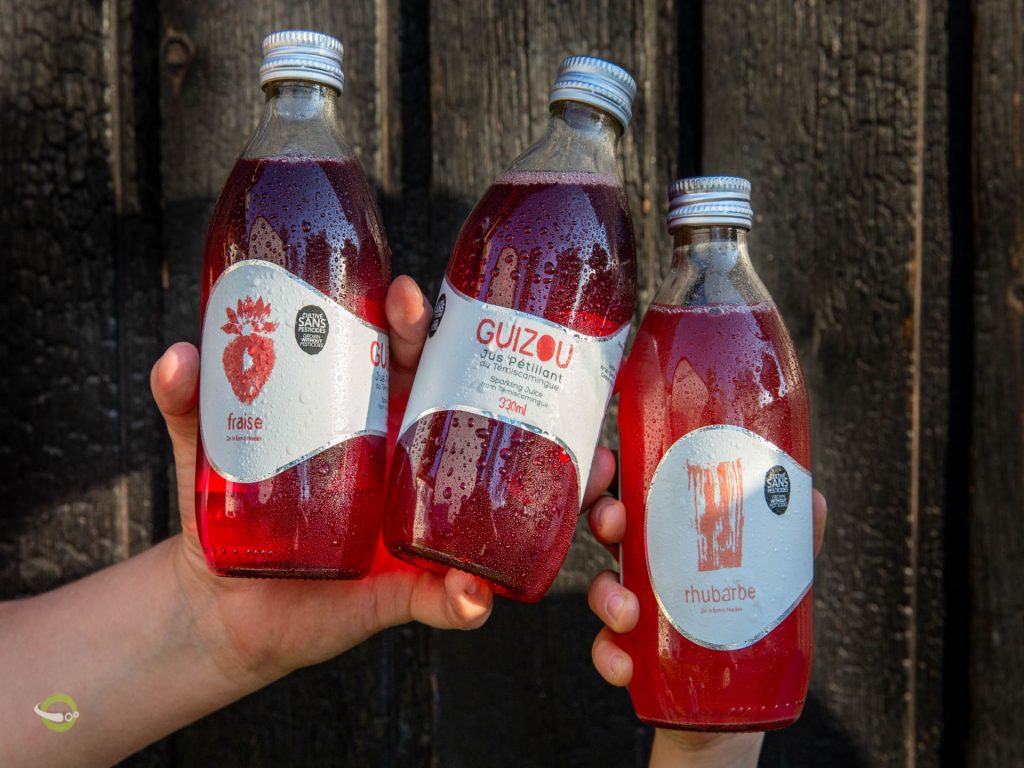
Respecting the produce and its environment
However, as Madeleine specified, the main mission of Nordvie remains the promotion of fresh local produce, which translates, amongst others, into the visitors picking their own strawberries, which they have been able to do since June 23 of this year: “U-pick is a tradition. Each year, we see the same families come over, often grandparents with their grandchildren, and they bring the children of neighbours at the same time. They go into the strawberry field and it is an annual gathering, even if it is only to pick a small basket’s worth of strawberries, it remains extremely festive, and you have never eating a strawberry in your life if you did not eat it warm from the sun, when you just picked it off the plant,” Madeleine insists.
At the Nordvie farm, all the fresh produce, from strawberry to rhubarb, to raspberry and vegetables, are all certified organic, which is only natural, according to Madeleine: “First, we would not want to manipulate products that could affect our health. And, even more important for us, is the ecosystem of our field. When you arrive in a field where everything is clean, no bugs, no weeds, that’s not normal. In a way, if you maintain a balance in your field, you still have somewhat of a buffer in case of a catastrophe.”
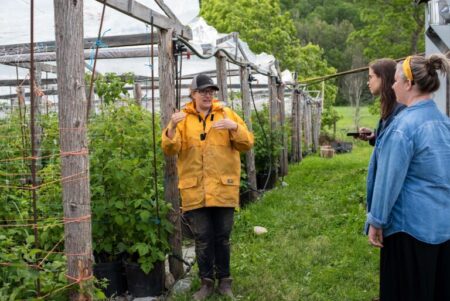
Among the thousand projects that seem to emerge from Madeleine’s head, guided tours of the farm and the creation of an aromatic garden are currently in development. For sure, Nordvie still has many surprises in store and the humans behind this enterprise from Témiscamingue are worth discovering, just as much as their agricultural production, fresh or transformed.




